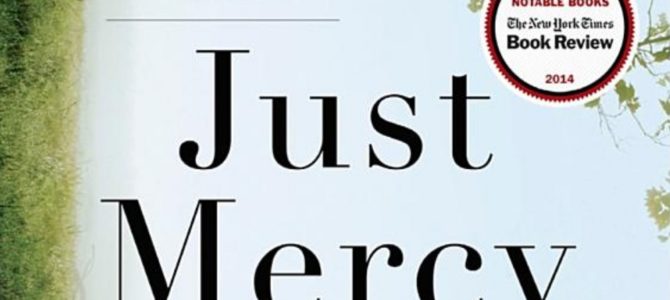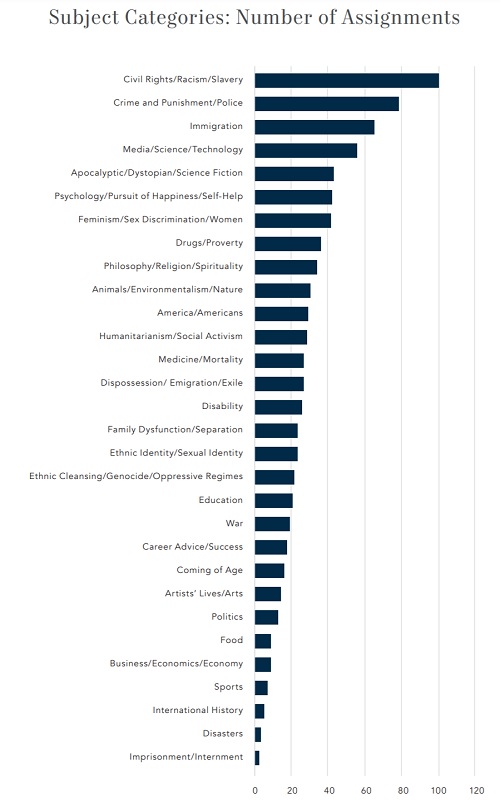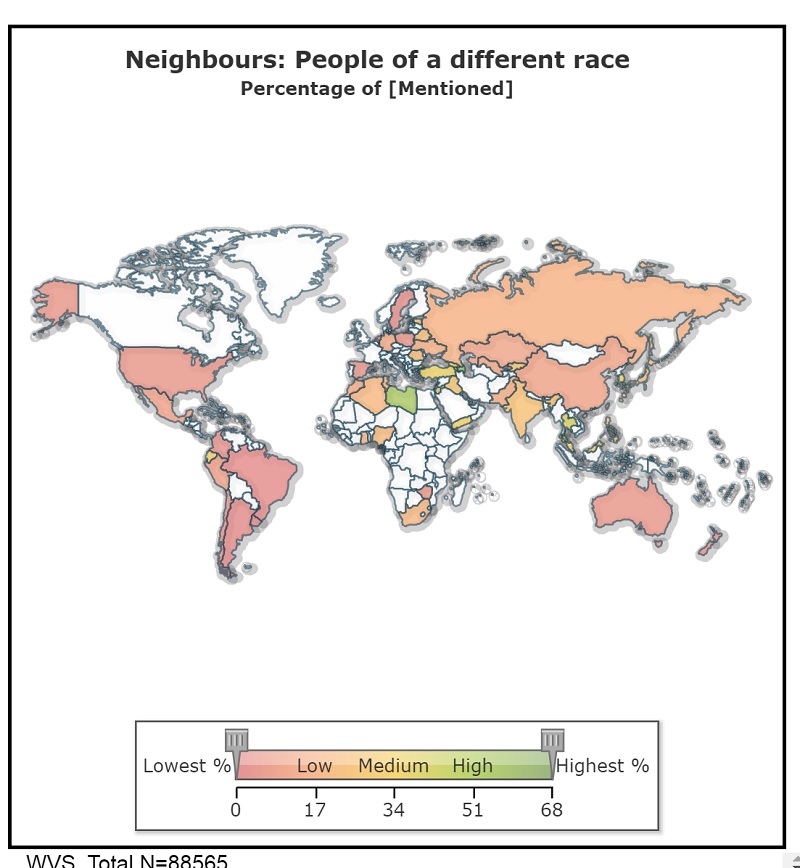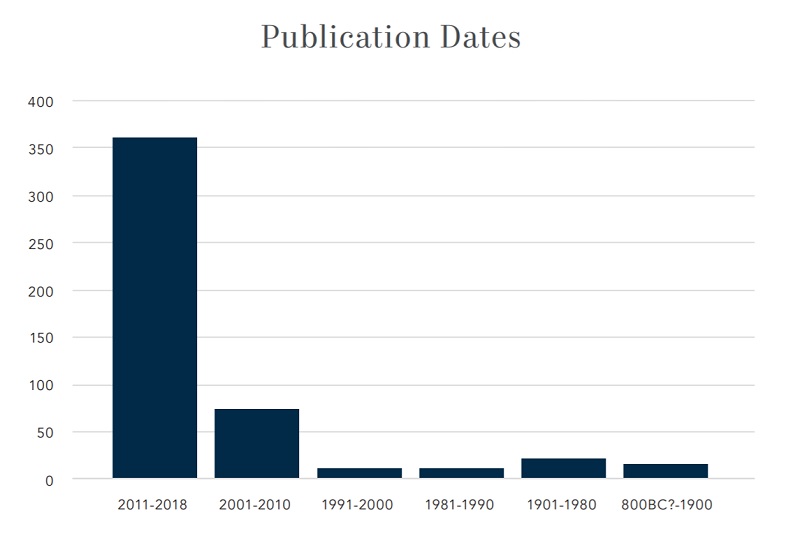
By far, the top subject matter of books assigned to college students over last summer was racism and slavery, according to a study out today of 475 higher education institutions by the National Association of Scholars. The second-most assigned book subject matter was crime and police, and the third was immigration, both also race-saturated subjects.
“The themes register most strongly the common reading genre’s continuing obsession with race, as well as its infantilization of its students, its middlebrow taste, and its progressive politics,” says the study of summer book assignments in 2018. It also documented that 44 percent of the 352 works assigned concerned African or African American themes. Adding the 46 Latin American-themed books assigned means 58 percent of the assigned books’ topics were related to nonwhite people groups.

The college sampled were about half public and half private, and distributed across the nation in 47 states. “According to the U.S. News & World Report rankings, these 475 institutions include nearly two-thirds of the top 100 universities in the nation and one-third of the top 100 liberal arts colleges,” the study says.
It’s not just summer readings that are skewed towards leftist identity politics. It’s also the content for regular classes, observes NAS President Peter Wood in a recent article for Minding the Campus.
“Many more college students have read Ta-Nehisi Coates’ anti-white screed Between the World and Me (2015) than have read, say, works by the Nobel economist Robert Fogel, Time on the Cross: The Economics of American Slavery (1974) or Without Consent or Contract: The Rise and Fall of American Slavery (1989),” Wood writes. According to NAS’s study, Coates’ book was the fourth-most-assigned for college students’ summer reading in 2018. Wood continues:
I can say that with some confidence. The Open Syllabus Project finds Coates’ book assigned in 783 courses. Fogel’s Time on the Cross is assigned in 22 courses and his Without Consent or Contract in 156 courses. Moreover, Coates’ book is now the second most-assigned book in the country in college summer reading programs.”
Coates treats slavery as an institution that was never truly abolished. It continues as the pervasive racism of American society. This rhetorical flourish sells a lot of books today. Fogel, the economic historian, takes on slavery as an appallingly real institution and brings intellectual heft to the task of explaining it.
This is the intellectual atmosphere for young Americans at a time their country is likely the least racist it has ever been, according to the available data. For example, “In 2014, nearly eight in 10 Americans said it wouldn’t matter at all if someone in their family was going to marry someone of another race,” writes American Enterprise Institute pollster Karlyn Bowman. More Americans than ever support interracial marriage, according to Gallup.
The latest data from the World Values Survey squarely places the United States among the most racially tolerant countries in the world on the only question about race asked, whether the respondent would not like to have someone of another race as a neighbor. A whopping 94 percent of Americans said they had no objection to a neighbor of another race. (In the graph below, “mentioned” means the respondent listed a race or ethnicity he objected to in a neighbor.)

While of course racism hasn’t been eradicated in the United States, and probably never will be, all this indicates other social problems are far more pressing, and that elites’ race obsession detracts from addressing them. For example, record percentages of U.S. children — approximately half — live without both their married parents, a situation shown to increase crime, psychological problems, employment problems, the size of government, and detachment from faith.
The vast majority of black American kids live separated from one-half of their parents, and so do the majority of American Hispanic kids. If we care about racial justice, that’s a much bigger problem to address than largely closeted negative attitudes among a comparatively tiny minority.
Psychological research indicates focusing on differences among Americans, such as how they look, instead of a focus on what unites us, pushes people towards intolerance and polarization. Psychologist Jonathan Haidt and psychology professor Lee Jussim wrote of race-focused university initiatives, “As far as we can tell, the existing research literature suggests that such reforms [as more affirmative action, diversity training, and classes on race] will fail to achieve their stated aims of reducing discrimination and inequality. In fact, we think that they are likely to damage race relations and to make campus life more uncomfortable for everyone, particularly black students.”
Elsewhere, Haidt quotes political scientist Karen Stenner: “nothing is more certain to provoke increased expression of [intolerance] than the likes of ‘multicultural education,’ bilingual policies, and nonassimilation.” Thus the book selections at the majority of colleges NAS surveyed inherently pit Americans against each other. That may increase power for a certain political party, but it is not good for the country.
Of course, there are other reasons the selections NAS unearthed embarrass the nation’s “higher” education system. Making Americans suspicious of each other due to superficial characteristics so the left can gain more power is just the biggest one.
“Common reading committees continue to select almost nothing but books written in the lifetimes of incoming students—and very largely books written since 2010. Out of 502 datable texts selected for 2018–2019 common readings, 366 (73%) were published between 2011 and 2018, and 440 (88%) have been published between 2001 and the present,” the report says.

Not surprisingly, most of these very recent book selections are also highly political. In 2018, for example, Northwestern University, a top 10 university outside of Chicago with the nation’s tenth-largest endowment, assigned students Margaret Atwood’s “A Handmaid’s Tale” for summer reading.
NAS includes in its report several lists of good books for common reading programs, starting on page 55. Some of my favorites mentioned are Jane Austen’s “Persuasion,” Benjamin Franklin’s “Autobiography,” Arthur Koestler’s “Darkness at Noon,” “Sir Gawain and the Green Knight,” and Alexis de Tocqueville’s “Democracy in America.” Thanks to these lists, next I’m going to pick up Anthony Trollope’s “The Warden” after enjoying Julian Fellowes’s adaptation of Trollope’s “Doctor Thorne” on Amazon Prime.
The report also makes a variety of recommendations useful to those with influence on the college reading selection process, such as donors and book selection committee members. My favorite is the single recommendation to education institutions: “Tighten college admission standards so as to select a student body with the capacity and desire to read a challenging book.”
Unfortunately, NAS didn’t include advice specifically for parents and students. So take mine: If a college or university assigns garbage books to students over the summer, don’t attend that school, and don’t send your kids there.









